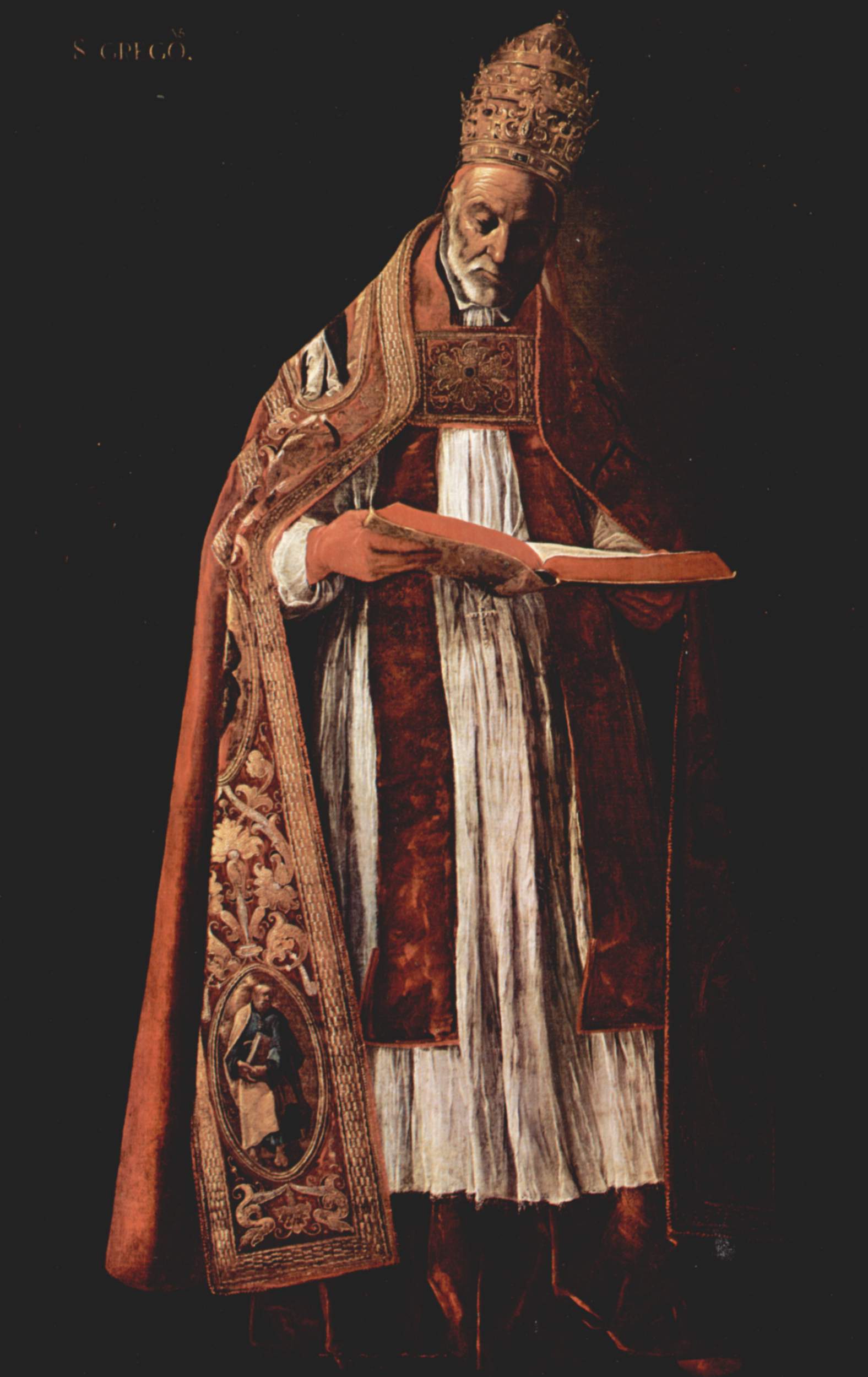
Gregor Veľký najznámejšie citáty

Gregor Veľký citáty a výroky
Gregor Veľký: Citáty v angličtine
Zdroj: The Book of Pastoral Rule, p.124
“Holy Scripture presents a kind of mirror to the eyes of the mind, so that our inner face may be seen in it.”
Scriptura sacra mentis oculis quasi quoddam speculum opponitur, ut interna nostra facies in ipsa videatur. Ibi etenim foeda, ibi pulehra nostra cognoscimus.
Morals in the Book of Job, 553d, as translated in Cultural Performances in Medieval France (2007), p. 129
Kontext: Holy Scripture presents a kind of mirror to the eyes of the mind, so that our inner face may be seen in it. There we learn our own ugliness, there our own beauty.
Homily of St. Gregory as quoted in A History of the Inquisition of the Middle Ages, Volume 1 by Henry Charles Lea page 241
Zdroj: The Book of Pastoral Rule, p.159
quoted in George D. Herron, Between Caesar and Jesus (1899), pp. 111-112.
As quoted in Summa Theologica Part II of Second Part Q. 182, Art 4
Zdroj: The Book of Pastoral Rule, p.32
Zdroj: The Book of Pastoral Rule, p.62
“And let the fear and dread of you be upon all of the animals of the earth.”
Clearly, fear and dread were prescribed for the animals, but evidently it was forbidden among humans. By nature a human is superior to a brute animal, but not other humans.
Zdroj: The Book of Pastoral Rule, p.62
Morals in the Book of Job, 553d, as translated in Cultural Performances in Medieval France (2007), p. 129
Originál: (la) Scriptura sacra mentis oculis quasi quoddam speculum opponitur, ut interna nostra facies in ipsa videatur. Ibi etenim foeda, ibi pulchra nostra cognoscimus.
